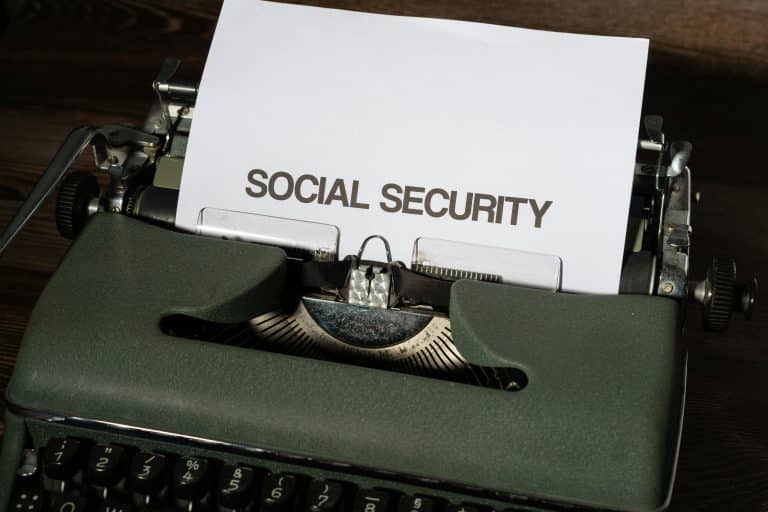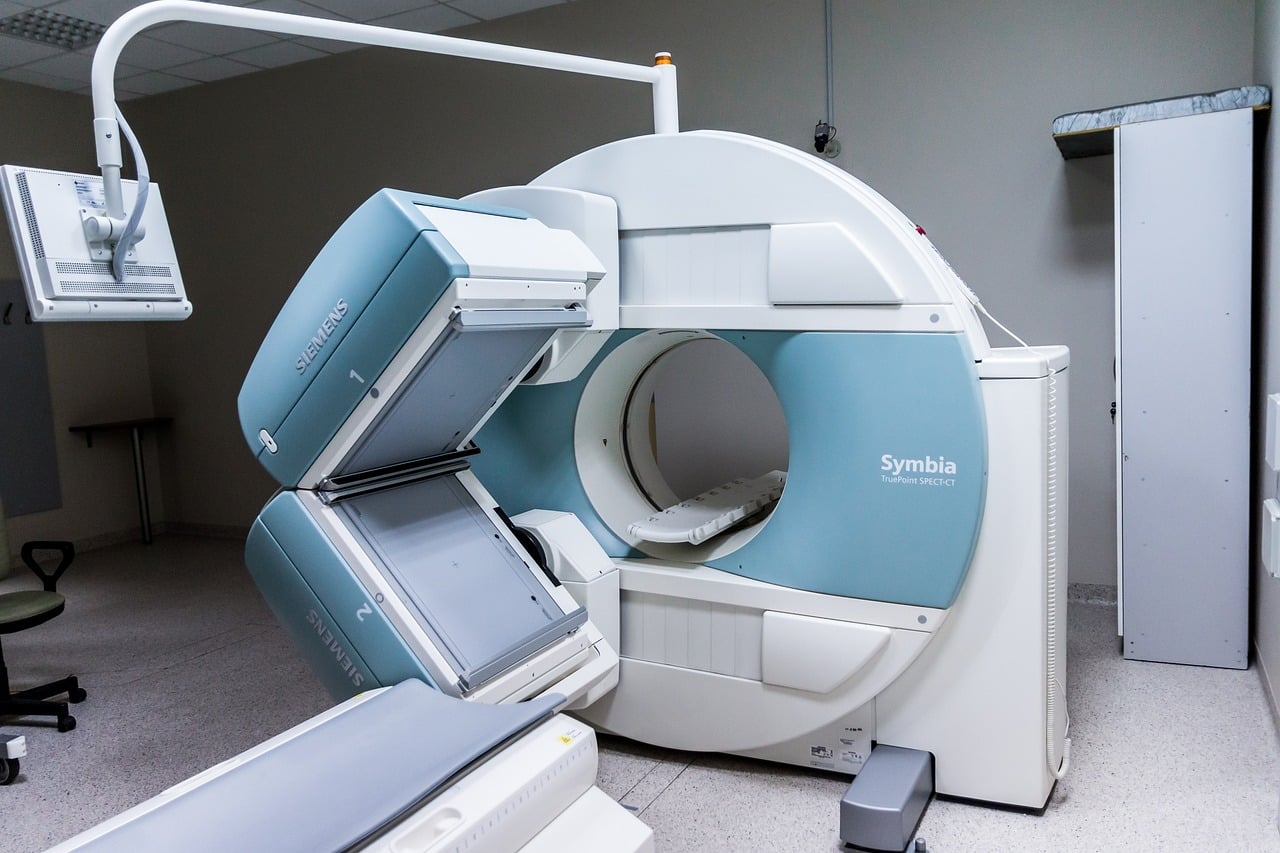How Social Security disbursement is implemented impacts a great number of people. After having spent their working years contributing to Social Security, many retirees count on the funds that Social Security provides. This money helps retirees support themselves and care for others. People count on the Social Security Administration (also known as the SSA) for consistency and reliability. Recipients of benefits from the SSA may be apprehensive about changes made to a system that to many is a necessity.
While this crucial system is set to stay in place, changes are being implemented. These changes include administrative rearrangement, payment changes, and verification overhaul. The current and planned adjustments to this system that many rely on for financial security could create a sense of unease.
Social Security Administrative Decisions
SSA offices across the country are set to be closed, and thousands of employees are likely to find themselves unemployed. Writing for The Motley Fool, Dana George states that DOGE (the Department of Government Efficiency) “has announced the closure of 47 offices, with 26 set to shutter this year” and that “7,000 of the SSA’s 57,000 employees” are set to lose their jobs. Employment at the agency is at the lowest it has been in twenty-five years.
This is concerning for SSA employees and beneficiaries. Telephone services and in-person appointments to discuss concerns are poised to be more limited in availability than they have been in the past. Therefore, administrative dealings concerning Social Security have the potential to be frustrating and to take longer than anticipated. Dana George of The Motley Fool advises people to think ahead to make plans that can help facilitate Social Security administrative processes.
Social Security Payment Changes
In addition to alterations in staffing of SSA offices, there are also decisions being made and implemented that affect how payments for recipients are disbursed. Some changes being made to how payments are made are potentially heartening. Others could prompt worry. One development is that recipients who benefit from President Joe Biden’s Social Security Fairness Act will soon begin receiving larger payments. Many will start to see this payment increase in April of 2025.
Biden signed the Social Security Fairness Act at the end of his term. This legislation ensures that beneficiaries of retirement plans outside of Social Security have full access to benefits provided by the SSA. On the other hand, another helpful Social Security decision that happened under President Biden has been reversed under President Donald Trump. Under Biden’s administration, the recovery rate for Social Security overpayment had an upper limit.
According to Kailey Hagen for The Motley Fool, a 2024 legal change “capped the overpayment recovery rate to the greater of $10 or 10% of your checks.” The 10% recovery rate cap still applies to overpayments from before March 27, 2025. This rate also applies to SSI (Supplemental Security Income). However, as stated by Kailey Hagen in The Motley Fool, Trump’s administration “has reinstated the 100% overpayment recovery rate that was in place” before the Biden Administration’s 2024 change, applying this rate to “all new overpayments” starting from March 27, 2025.
Social Security Verification Adjustments
Along with changes to policies about overpayment, modifications to identity verification requirements are also being developed and revised. The verification procedure is currently in flux. The original proposed changes to the requirements have been adjusted based on comments from affected parties. Adjustments to identity verification procedures were first planned to be implemented on March 31, 2025. After revision based on criticism from Social Security recipients and invested advocates, newly revised verification requirements will be put into effect on April 14, 2025.
If identity can be established through the administration’s online portal, online administrative processes should be able to proceed smoothly under the new guidelines. Some processes, such as Medicare applications, will still be able to be completed by phone even if online identity verification cannot be established. On the other hand, according to Dan Cody of Newsweek, “those applying for retirement or auxiliary benefits” will need to “verify their identity in person if they can’t use the online portal.”








